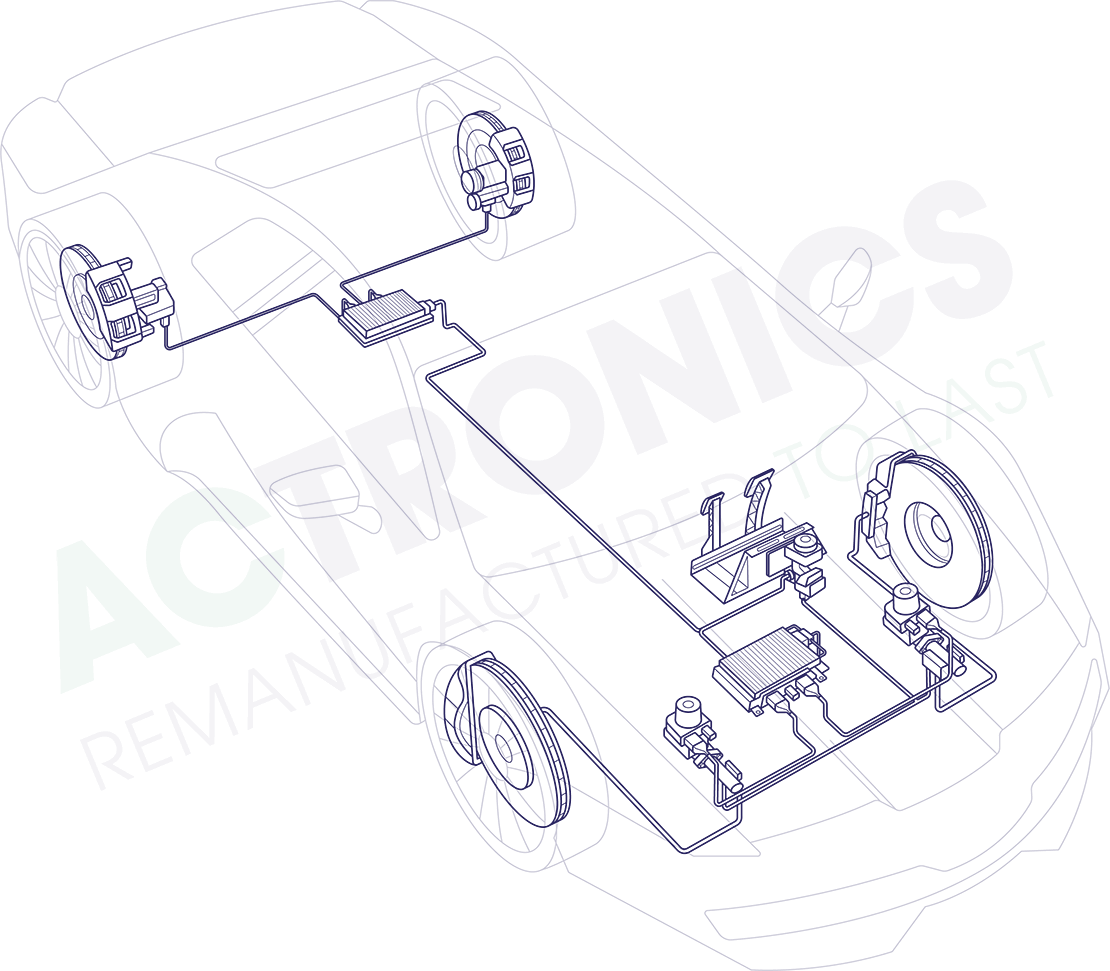The future of braking systems: towards fully electric braking?
The automotive industry is constantly evolving, making leaps and bounds in electric vehicles and advanced technologies. Perhaps one of the most groundbreaking developments that we can expect in the future is the possibility of fully electric braking in cars. This innovative approach to braking can take driving safety and performance to new heights. Is this too far fetched or is it a realistic concept?
How does full electric braking differ from hydraulic braking?
Traditionally, brakes in cars are operated via a hydraulic system, using brake fluid to transfer braking force from the brake pedal to the brakes. However, with the rise of electric vehicles and the development of advanced electronic systems, alternative approaches to braking are being explored. Fully electric brakes use electric actuators to transfer braking force directly to the brakes, without the need for a hydraulic system. This offers several advantages over traditional brakes.
The benefits of electric braking
One of the main benefits can be found in regenerative braking. This is because direct conversion of kinetic energy into electrical energy could take place without the intervention of mechanical components. This means a more efficient conversion and storage of energy, because there is no energy loss due to mechanical friction as with hydraulic systems.
The electronics are also much faster than the hydraulic components. Electric brakes can respond much more quickly to desired braking commands because the communication between the brake pedal and the brakes is electronic. This leads to a more precise braking response, greatly improving safety and control over the vehicle.
Finally, electric brakes could provide additional options for advanced braking functions. Think, for example, of adjusting the braking force based on the driving conditions or recovering energy when driving downhill. These additional functionalities could not only improve braking performance, but also contribute to a more efficient return of energy for regenerative braking. More flexibility and more options for advanced brake control and energy management!

Photo: Schematic drawing of the braking system of the future according to Brembo
So, when will the first car with full electric braking be launched?
While all-electric brakes have a lot of potential, there are still some technical and regulatory challenges to overcome before they can be implemented on a large scale. Think of guaranteeing reliability and meeting international safety standards. But it is certain that this technology is being looked at behind the scenes at the car manufacturers. Some manufacturers, such as Lamborghini, for example, have already announced that they are working on similar technology. As with all techniques, a start-up period will be needed, especially for the novelty to become commonplace. We are therefore not surprised that the traditional hydraulic braking system with calipers, brake discs and brake pads will eventually disappear completely.
At ACTRONICS, we closely follow developments in the field of fully electric brakes. As a leading remanufacturing company and expert in automotive technology, we continue to use our knowledge and expertise to provide our customers with remanufacturing solutions for complex automotive electronics.

 da
da de
de es
es fr
fr it
it nb
nb nl
nl pt
pt sv
sv fi
fi